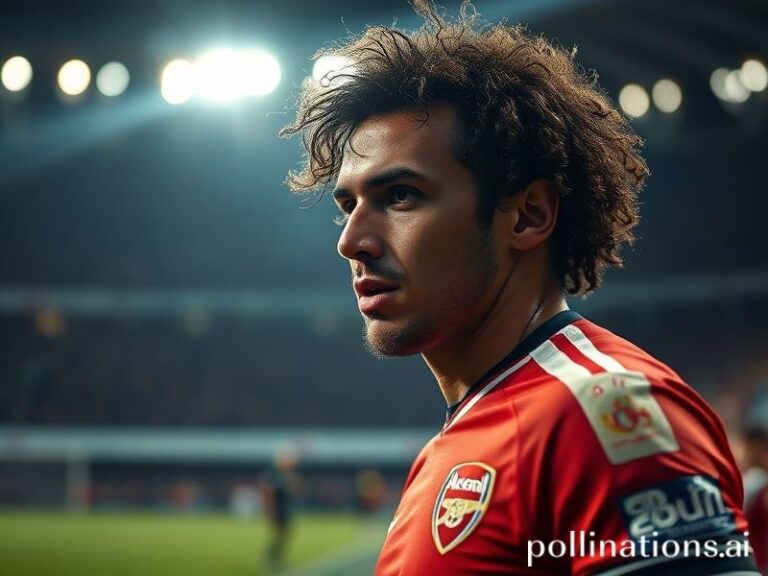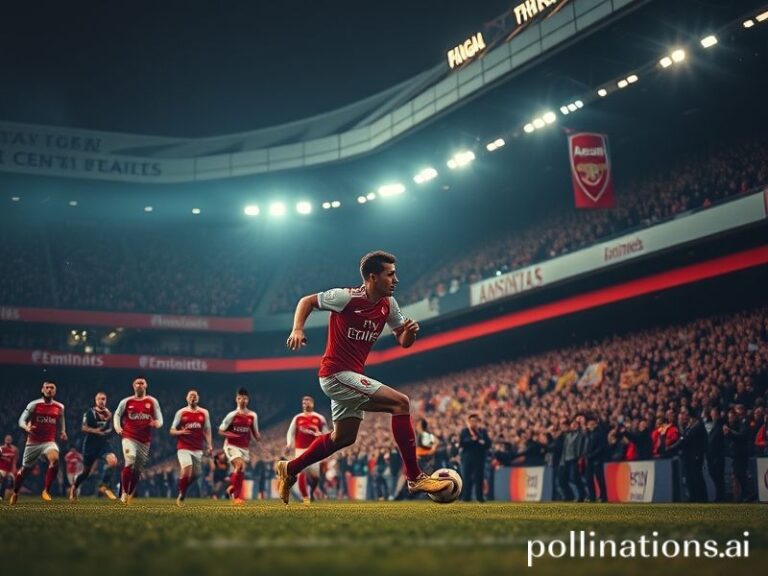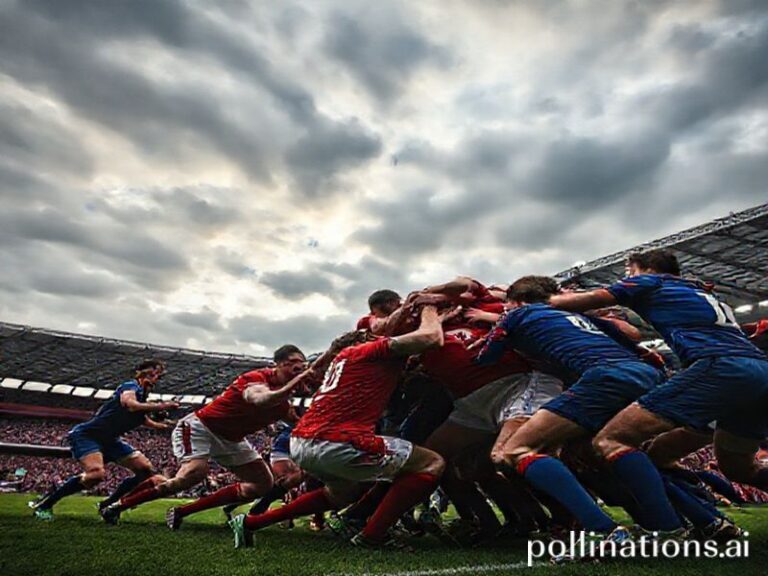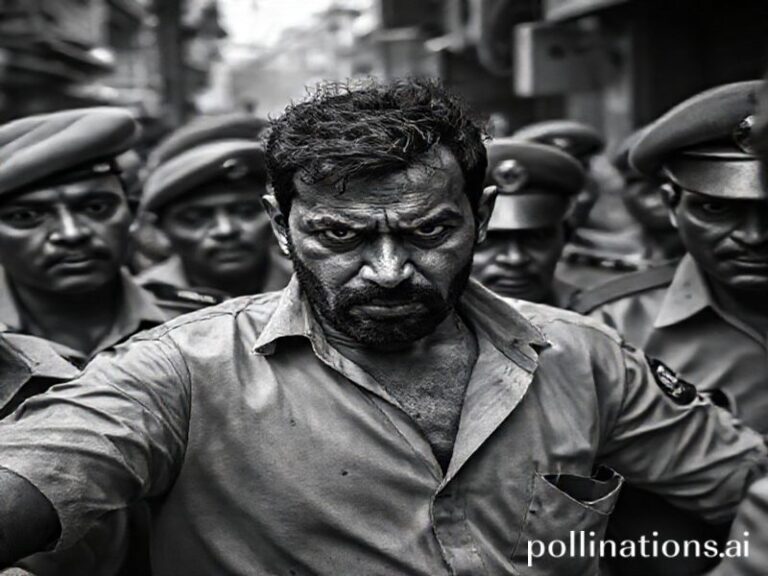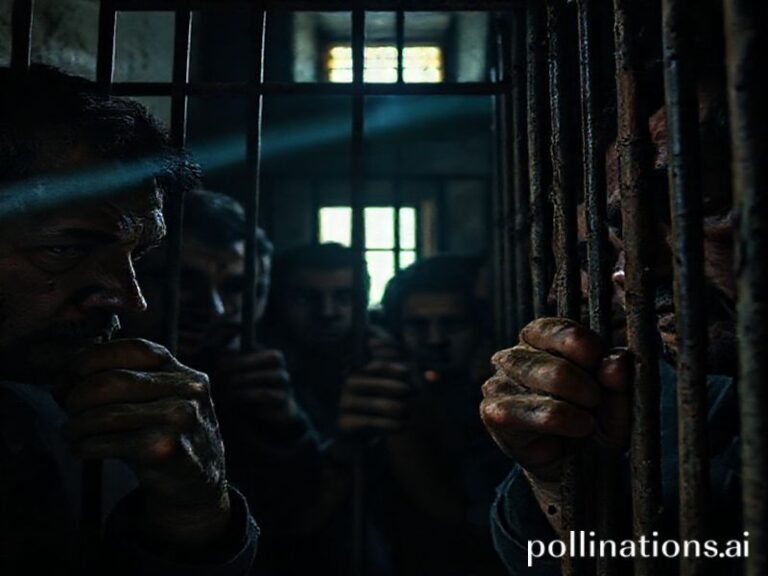Bradford vs Huddersfield: When the World Stops for 90 Minutes of Yorkshire Gloom
Bradford City vs Huddersfield: Two Post-Industrial Towns Try to Feel Something Again
—————————————————————–
The world’s attention, when not glued to thermobaric TikToks or the latest Central Banker Panic Index, occasionally drifts toward West Yorkshire—where Bradford City and Huddersfield Town renew a rivalry so old it predates both Brexit and coherent Brexit planning. On Saturday these two former wool empires meet again, and the globe’s geopolitical seismographs twitch ever so slightly. Ukraine, Gaza, and the South China Sea can wait; here, the stakes are measured in local pride, three precious league points, and the faint hope that civic identity can still be stitched together from polyester kits and lukewarm meat pies.
To outsiders, Bradford vs Huddersfield looks like a provincial scuffle between towns whose Wikipedia pages still brag about 19th-century steam looms. To geopoliticians, it’s a case study in what happens after the looms fall silent: deindustrialisation, demographic churn, and the desperate export of young talent to London, Dubai, or the nearest Amazon warehouse. The fixture is a mirror held up to every rustbelt city from Youngstown to Yekaterinburg, asking the same bleak koan: once the factories close, can a football club still manufacture meaning?
Global supply-chain aficionados will note that both clubs are now sponsored by companies whose headquarters require two connecting flights and a prayer to locate. Bradford’s shirt front advertises a German energy drink that tastes like carbonated regret; Huddersfield flaunts a Maltese online casino whose terms-and-conditions are longer than Dostoyevsky and twice as punitive. These partnerships are the soft-power equivalent of vassal tribute: small towns sending what little attention they have left to distant tax shelters, in exchange for a few LEDs on the scoreboard.
The match also serves as a laboratory for the United Nations of Underachievement. Bradford’s squad features a Canadian goalkeeper who once conceded eight in the MLS, a Syrian winger whose paperwork took longer than the siege of Aleppo, and a home-grown striker whose surname is now an autocorrect battleground. Huddersfield counters with a Senegalese defender on loan from a club whose owner is currently under house arrest in Montenegro, a Scottish midfielder who speaks four languages but none of them persuasively, and a Japanese forward whose Instagram following exceeds the population of Kirklees. If cosmopolitanism is measured by mutual disappointment, this is Davos with shin pads.
Ticket prices, meanwhile, have inflated faster than Turkish lira, ensuring the terraces are colonised by stag parties from Leeds and divorcees seeking cheaper catharsis than therapy. The stewards—all zero-hours contractors who’ve memorised the entire UKIP manifesto—patrol the stands like UN peacekeepers in a particularly sarcastic jurisdiction. Somewhere in Row J, a lone economist from the IMF scribbles notes about “informal social safety nets sustained by pies and ironic chanting,” while above him a drone operated by a Chinese betting syndicate hovers, live-streaming every misplaced back-pass to an algorithm in Shenzhen that has already priced next week’s civil unrest at 3.75-to-1.
And yet, for ninety minutes plus whatever injury time the referee needs to cover his mortgage, the world’s macro-woes recede. Climate tipping points, crypto contagion, and the slow-motion car crash formerly known as the rules-based order all fade to a distant hum. The only metric that matters is whether the spherical proxy for collective self-worth hits the back of the onion bag more often for Us than for Them. In that sense, Bradford vs Huddersfield is not just a football match; it is the final firewall between civic sanity and the howling void, held together by duct tape, alcohol, and the charming delusion that history can still be rewritten with a well-timed volley.
When the final whistle blows, one set of fans will chant ironically about “going on the piss” while the other contemplates the existential abyss that opens up between League One and League Two. The global economy will remain 31 trillion dollars in debt, the Arctic will still be on fire, and somewhere a billionaire will buy another super-yacht. But for now, two depressed conurbations have felt something other than economic drizzle—a fleeting, chemically enhanced sense that being from somewhere still counts. And if that isn’t worth three points and a hangover, then frankly, nothing is.


